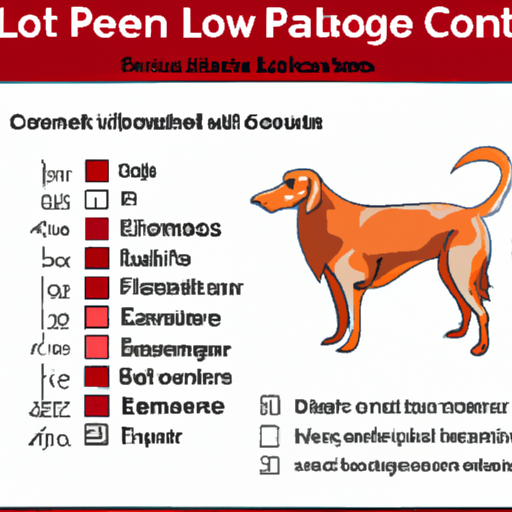Introduction
As a caring and dedicated pet parent, you are always on the lookout for any signs of discomfort in your fur baby. You know them better than anyone else, their habits, their quirks, and their health. But, have you ever been in a situation where your vet mentions that your dog has a low platelet count? If yes, then you might be wondering what could possibly cause this. Let’s delve into this topic and uncover the most common cause of low platelet count in dogs.
Understanding Platelets and Their Importance
Firstly, you need to understand what platelets are. They are a type of blood cell, playing a critical role in clotting. When your dog gets injured, it’s the platelets that rush to the scene and help stop the bleeding. So, it’s crucial that your dog maintains an adequate platelet count. If the count drops too low, it may result in excessive bleeding or bruising.
Immune-Mediated Thrombocytopenia (IMT): The Most Common Cause
In dogs, the most common cause of a low platelet count is a condition called Immune-Mediated Thrombocytopenia (IMT). It’s a bit of a tongue twister, but in essence, this condition occurs when your dog’s immune system mistakenly targets its own platelets. The immune system, instead of defending the body, begins to destroy the platelets. The cause for this misdirected immune response is often unknown.
With IMT, you might observe the following symptoms in your dog:
- Lethargy
- Loss of appetite
- Nosebleeds
- Blood in urine or stool
- Bruising
Other Potential Causes
While IMT is the most common cause, it’s not the only one. Other causes could include:
- Infections (like tick-borne diseases)
- Certain types of cancer
- Exposure to toxic substances
- Certain medications
| Potential Causes | Common Symptoms |
|---|---|
| IMT | Lethargy, loss of appetite, bleeding |
| Infections | Fever, weakness, swollen lymph nodes |
| Cancer | Unexplained weight loss, lethargy, loss of appetite |
| Toxins | Vomiting, seizures, loss of coordination |
| Medications | Vomiting, diarrhea, loss of appetite |
The Importance of Early Detection and Treatment
Low platelet count in dogs is a serious condition. It’s essential to seek veterinary care as soon as you notice any unusual signs. The earlier the detection, the better the prognosis. Treatment usually consists of addressing the underlying cause and may include medications to suppress the immune system, antibiotics, or even blood transfusions in severe cases.
Frequently Asked Questions (FAQs)
Q: Can a low platelet count be cured?
Yes, in many cases, with proper treatment and care, the platelet count can be brought back to normal levels.
Q: Is low platelet count life-threatening?
It can be, if not treated promptly. Low platelet count can lead to excessive bleeding which can be life-threatening.
Q: How can I prevent low platelet count in my dog?
Regular vet check-ups and keeping your dog safe from infections and toxins can help in prevention.
Q: Can certain foods increase my dog’s platelet count?
There’s no definitive proof that certain foods can increase platelet count. However, a balanced diet is crucial for overall health.



